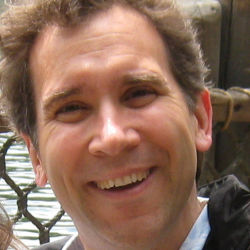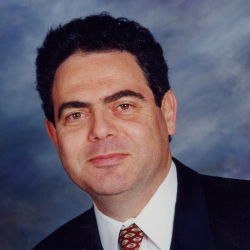A Stable Future For Computing Education Requires Collaboration Beyond CS
BLOG@CACM
Turing’s 1936 Paper and the First Dutch Computers
Are Data Miners Ready to Hang p the Hard Hat and Put on a Lab Coat?
Why HCI Should Listen to Mothers
Teaching Programming the Way It Works Outside the Classroom
Towards Empirical Answers to the Core Problems of Software Engineering
Why Scientists and Engineers Must Learn Programming
What’s Our Goal For a CS Degree, and How Do We Know We Got There?
Reaching For Engelbart’s Vision of the Future
ACM-W: One Way to Support Women in Computing!
So, Who Won The Battle Of The Brains?
The World’s Smartest Programmers Compete: ACM ICPC
Ph.D. Students Must Break Away From Undergraduate Mentality
Education Removes Fear: Some Examples From CS Courses
CFP: Whither the NSA Warrantless Internet Surveillance Program
CFP: Homegrown Drones: Should the FAA Take on Regulating Hobbyists?
CFP: Tor: Online Privacy and Anonymity
CFP: FTC Commissioner Julie Brill
CFP: A Conversation on ECPA Reform in Congress
Shape the Future of Computing
ACM encourages its members to take a direct hand in shaping the future of the association. There are more ways than ever to get involved.
Get InvolvedCommunications of the ACM (CACM) is now a fully Open Access publication.
By opening CACM to the world, we hope to increase engagement among the broader computer science community and encourage non-members to discover the rich resources ACM has to offer.
Learn More
















